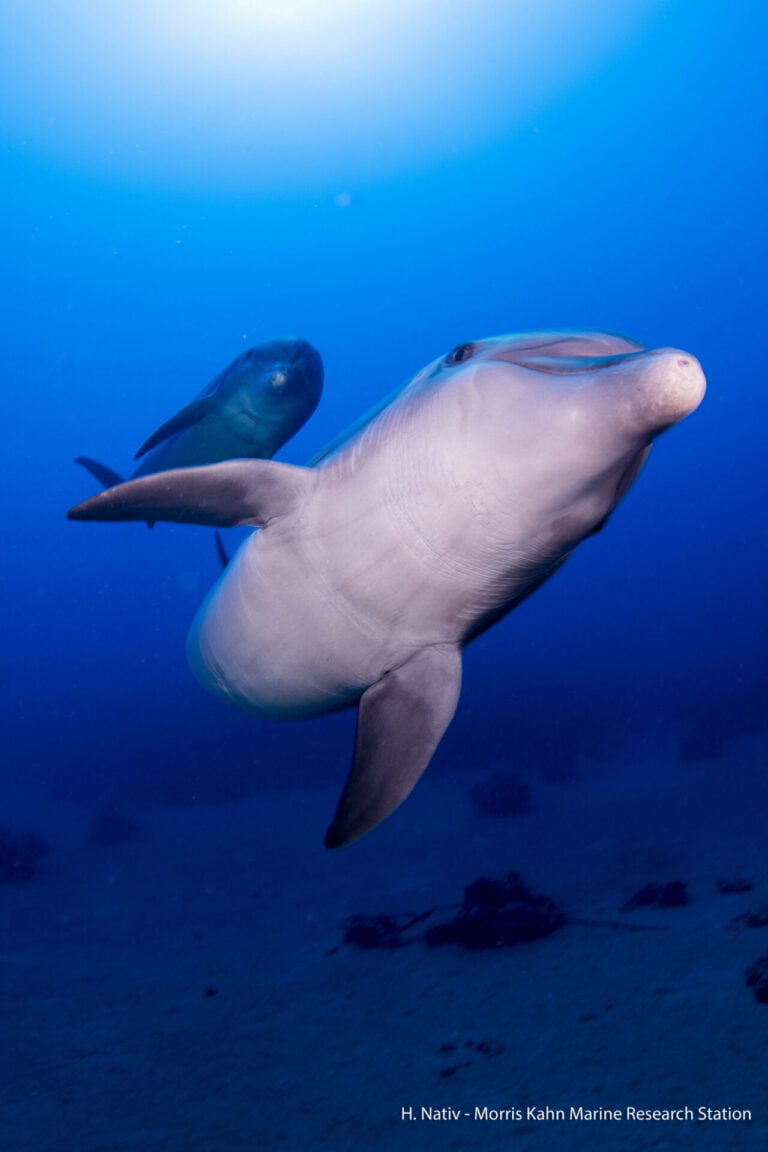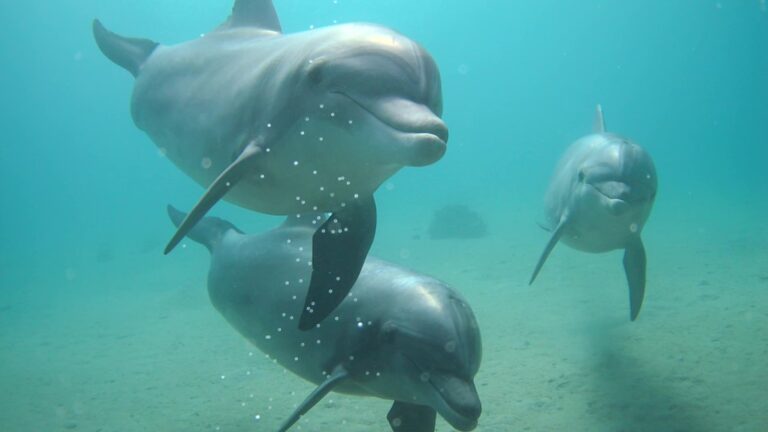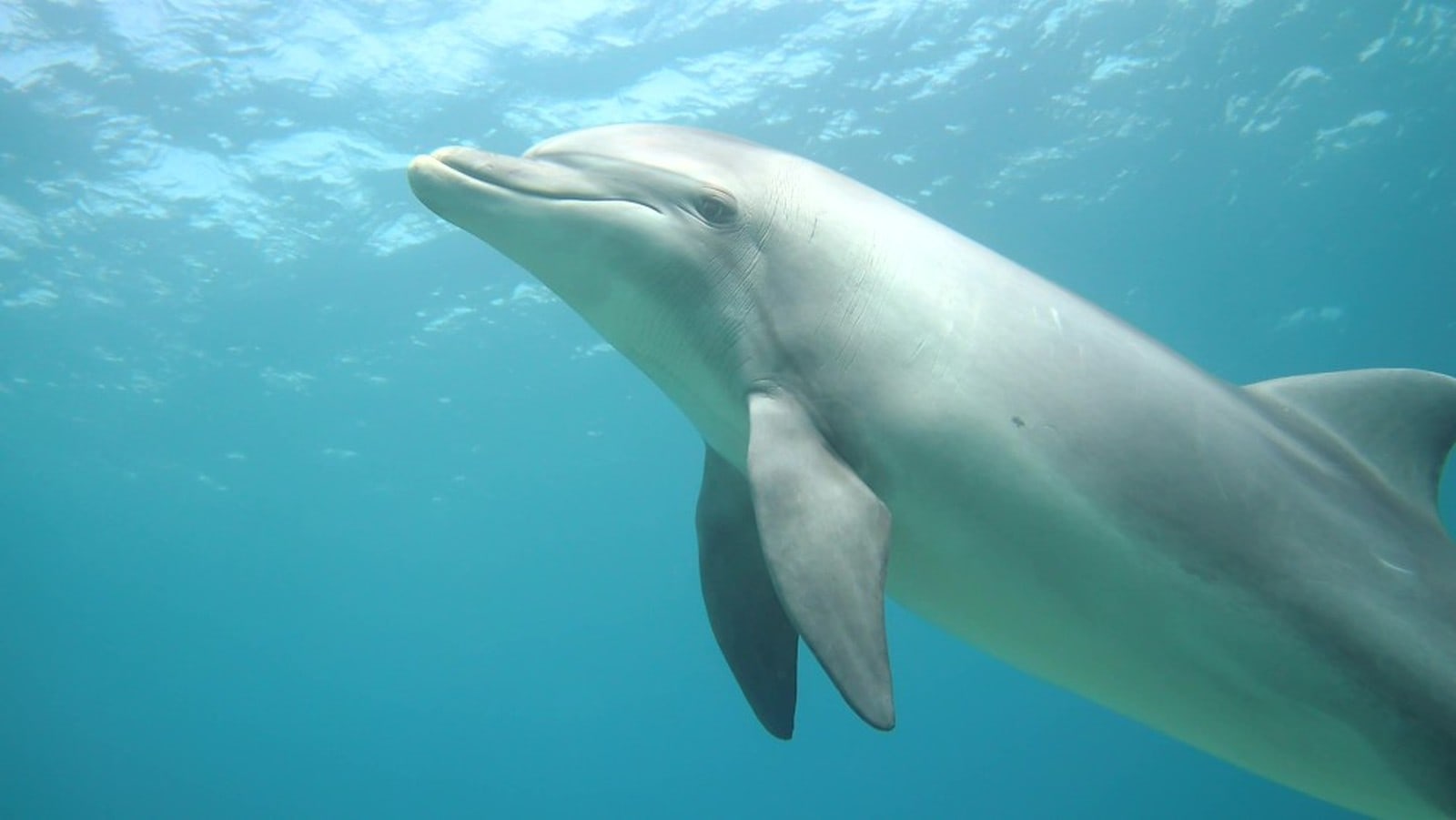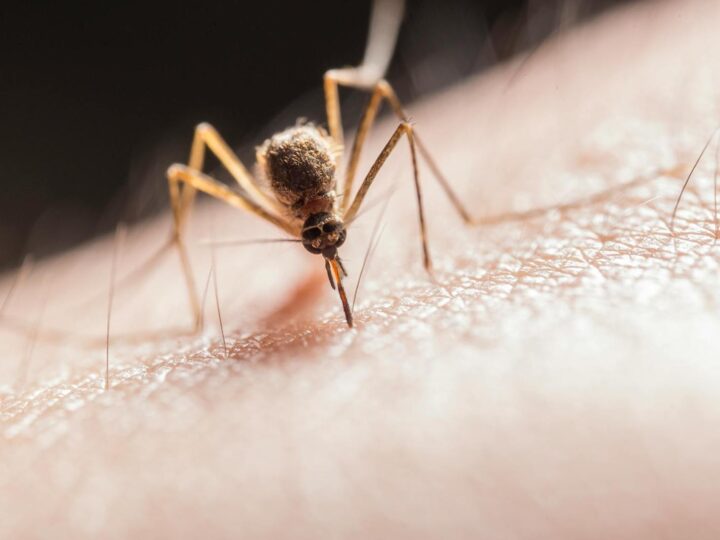Researchers have used AI technology to provide concrete proof that ship noise significantly affects dolphins’ communication patterns.
This news comes as the result of a new study conducted at the Charney School of Marine Sciences at the University of Haifa.
“Although it seems obvious, until now there was no empirical evidence that dolphins are affected by ship noise,” noted two of the study’s authors, Prof. Roee Diamant and Aviad Scheinin.
“Using AI, we were able to show that dolphins communicate in a unique way when ship noise is nearby. The influence of ship noise on communication between dolphins can cause them to move away from noise sources, which in some cases are their feeding grounds.”
The study highlights the impact of maritime traffic not only on the environment and public health but also on marine life, prompting species migration and altering natural behaviors. Before this research, evidence of dolphins’ response to ship noise was largely anecdotal and visual, which made systematic research of the topic difficult.

The research, conducted in collaboration between the Underwater Acoustic and Navigation Laboratory and the Marine Apex Predator Laboratory at the University of Haifa, utilized acoustic studies of dolphin whistles, their primary form of communication, combined with AI software capable of identifying patterns in their vocalizations.
To overcome the challenge of observing dolphins’ behavior amidst ship noise, the researchers selected a location near the dolphin reef in Eilat, where common bottlenose dolphins are frequently observed. Recording devices placed underwater captured tens of thousands of dolphin whistles during ship presence and an equal number during absence.
The key breakthrough came from a deep learning AI algorithm developed by the researchers, which successfully indicated a clear distinction in dolphin vocal behavior when exposed to ship noise.

While the researchers have determined that communication is altered when exposed to boat noise, they still haven’t empirically determined what the altered communication indicates. They suspect that it relates to stress or distress responses.
“The problem with deep learning is that it’s a kind of a ‘black box’ and it’s hard to associate the classification result to a physical meaning within the signal. We still don’t know what unique pattern the AI system has recognized, but we know that it is related to the type of communication they make, and previous studies have already shown that changes in vocal behavior can be the result of stress and distress,” noted the researchers.
“In other words, dolphins communicate in a different way and change their vocal behavior when they encounter ship noise. In our upcoming studies, we will try to understand the nature of the effects.”

















